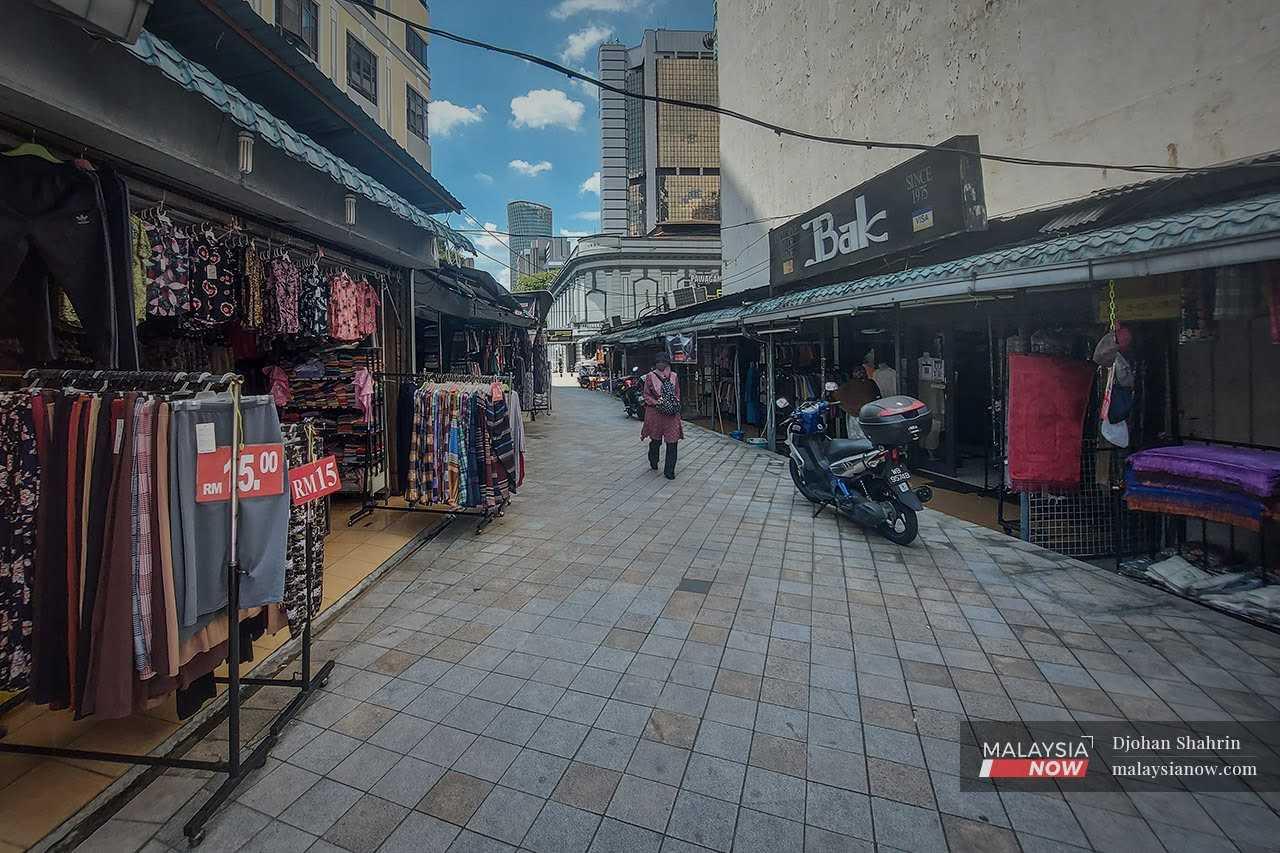More needed to support SME recovery
This is no time for piece-meal solutions or playing to the gallery for political goals.
Just In
I am a small-time businessman. Allow me to share some views about the economy from the perspective of those at the bottom of the economic rung.
Here is a painful truth for those in Putrajaya: the economy is sluggish, and there does not seem to be any light at the end of the tunnel.
The government can make all kinds of grand pronouncements like billions in FDI coming in or tonnes of allocation to kick-start our economy, but what really matters is whether it trickles down to the people.
As of now, we do not really feel much of it, if at all.
My peers in the small and medium enterprises, by and large, share the same sentiment. There is a general sense of reluctance to spend. Everyone is cautious with their finances, including the government, which has been slow in executing projects and disbursing funds.
To make matters worse, Bank Negara Malaysia, last week, unexpectedly decided to raise the overnight policy rate (OPR) to 3.00%. As a result, those who have taken loans with banks have to pay more in interest. Many businesses have outstanding loans, and the OPR hike will only add to our operating costs. Some of us may pass the burden to consumers.
The same goes for consumers, especially those with outstanding loans like housing. They would become more cautious with their money and spend less. So, on the one hand, businesses experience increased operating costs and, on the other hand, see lower turnover. And when some businesses pass the burden to consumers, the latter spend even less, resulting in a vicious cycle.
Why is the finance minister, who is also the prime minister allowing this to happen? Does he have poor advisers? Anwar Ibrahim was, in the 1990s, named the best finance minister in Asia. Has he lost his magic?
Earlier, Anwar shocked the business community when he said the government would look into the proposal for employers to raise their staff's EPF contribution to 20%. Perhaps the GLCs and blue chip companies can afford to do so.
But smaller companies like mine risk going under if this is enforced. I have about 15 staff, and my business is barely getting back on its feet after Covid-19. If my company has to fork out 20% of employees' salaries as EPF contribution, I would have no choice but to let go of about one-third of my staff or slash their overtime pay.
Is this what the government wants? More unemployment and businesses folding? Is the Anwar administration tone-deaf? Why is it committing economic harakiri at the expense of the people?
I am also surprised by one of Anwar's solutions to fix the economy. Last week, he said that wealthy tycoons who had benefited from previous governments should donate half of their wealth to poor Malays.
Have we become a socialist country? Or has the government run out of ideas on how to manage the economy at a time of global economic uncertainties? Whatever it is, the government's pronouncements are not instilling confidence in the business and investing communities.
I think it is time the government gets a grip on itself and addresses the fundamental problems in the economy. This is no time for piece-meal solutions or playing to the gallery for political goals.
The rakyat is suffering, and Anwar needs to get his act together.
The views expressed in this article are those of the author(s) and do not necessarily reflect the position of MalaysiaNow.
Subscribe to our newsletter
To be updated with all the latest news and analyses daily.
Related Articles
Most Read
No articles found.
